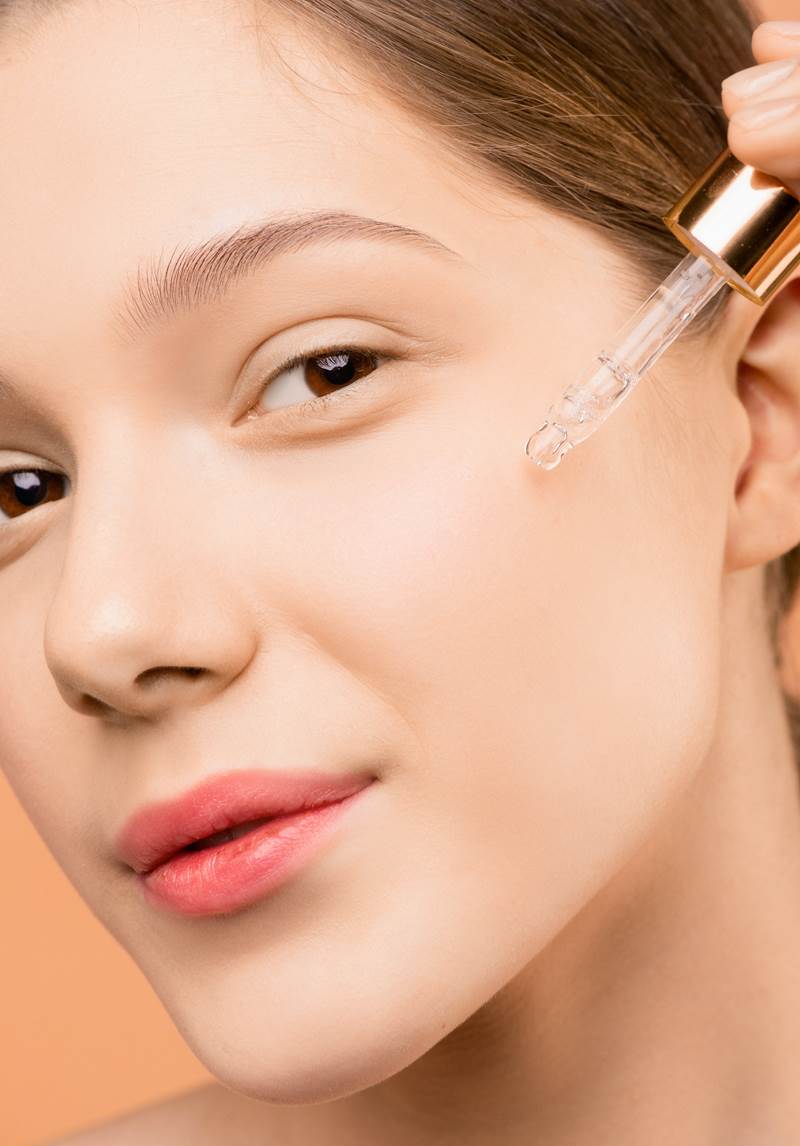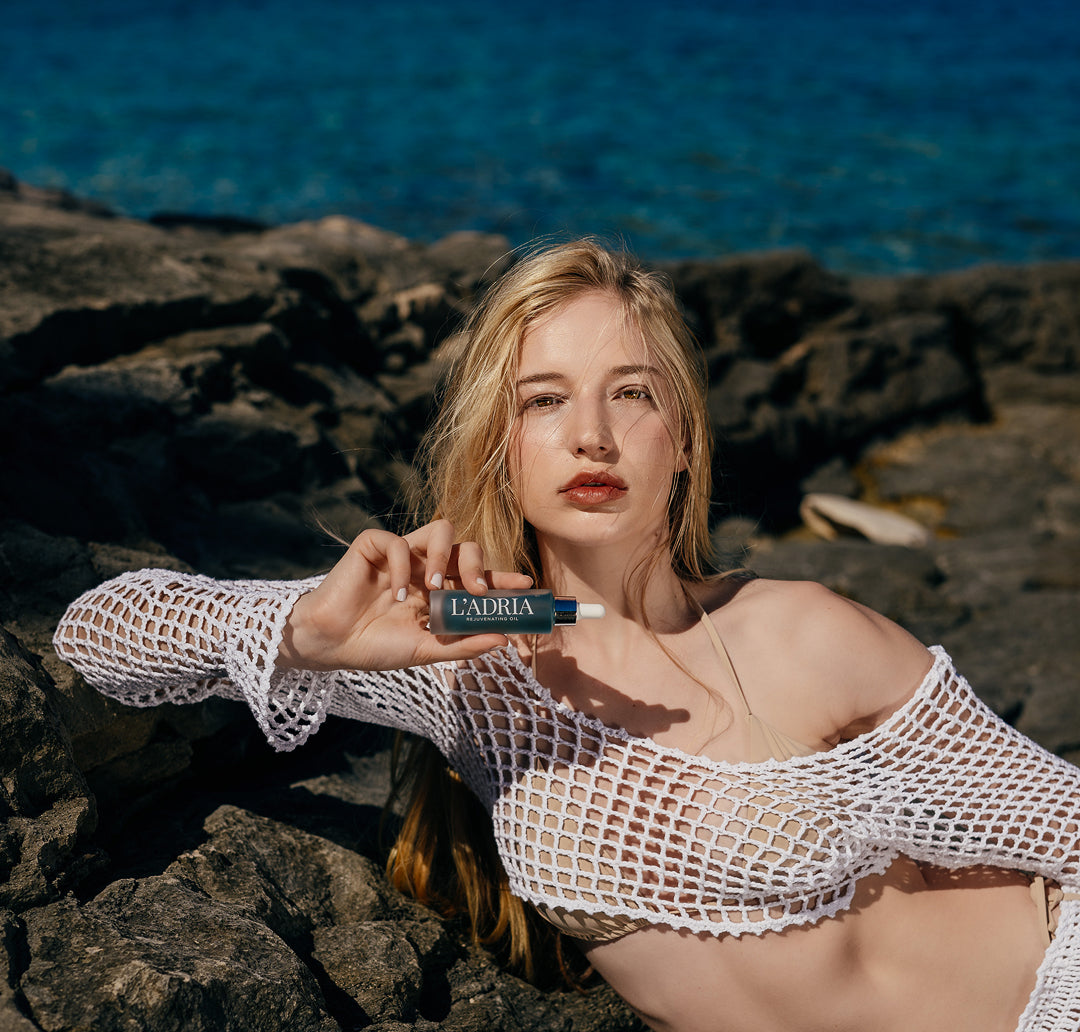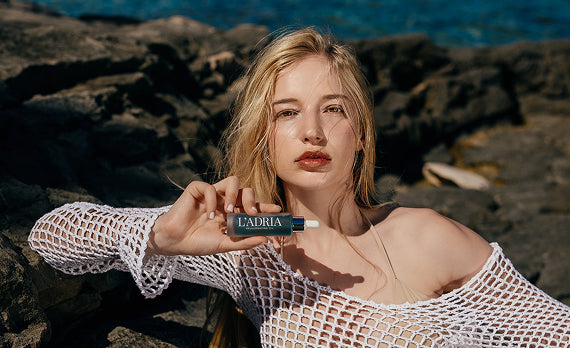What is squalane and why does everyone have it in their beauty bags?
10/05/2023

There is endless talk about the benefits of oil for the skin, but in these stories there is no place for problematic and oily skin. However, it all comes down to knowing the types of oils and their level of comedogenicity, which inevitably leads you to do a little research. On the way, you will undoubtedly come across squalane, an oil that is often called fat-free and which is recommended for skin with the problem of excessive sebum secretion.
Introducing a new ingredient into your routine is always as exciting as it is scary, so instead of leaving you to do your own research on this interesting and seemingly strange oil - we bring you everything you need to know about it below.
SQUALANE OR SQUALENE?
At the start, it is important to explain the difference so that there is no confusion. Squalene is a polyunsaturated hydrocarbon found in our sebum, as well as in the liver of sharks - it was the extraction of squalene from killed sharks that led to the endangerment of certain species, which is why today squalene is mostly obtained from plants, primarily olives. On the other hand, squalane is a saturated derivative of squalene.
Squalane is a more stable variant of squalene, which means that it is much more difficult to oxidize, that is, it is more difficult to go rancid.
HOW DOES SQUALANE WORK?
First of all, he is praised as the so-called non-greasy oil because it is suitable for problematic and oily skin as it does not cause clogging of pores. Its specific texture and chemical structure are similar to our sebum and in fact give the body a signal that the face is sufficiently naturally "moisturized" so that the pores will not produce additional sebum - thus squalane balances the production of sebum and helps to avoid extreme oiliness of the skin.
Since it is an emollient, it creates a light protective layer on the surface of the skin and helps retain hydration within the skin, but it also has anti-aging and anti-inflammatory properties that help the skin to age beautifully and healthily and alleviate various skin problems.
Precisely because squalane is more stable than squalene, i.e. it oxidizes harder, it acts as an indirect antioxidant, because it replaces naturally occurring squalene on our skin. Our own squalene oxidizes easily, especially if we overexpose ourselves to the sun without SPF, or use low-quality SPF, or if we lack antioxidants in our diet or skin care. Poorly executed skin-care can also have a pro-oxidative effect on the skin and cause a chain reaction that accelerates the oxidation of our squalene. Oxidation products of squalene are implicated in the development of some skin diseases, such as acne.
STILL SKEPTICAL?
Don't worry, most skin types will never have a reaction to squalane. It can be applied in the morning and evening routine, you can mix it with makeup and you don't have to be afraid that you will get oily faster with it. Moreover, over time, you will notice a beautiful skin glow, firmer skin and a calmer complexion. Try it in L'ADRIA REJUVENATING OIL .

Winter sale









